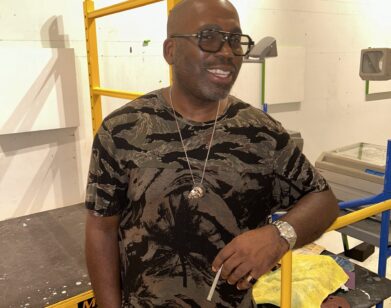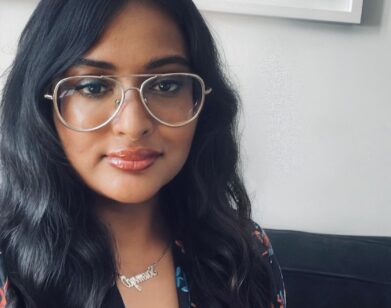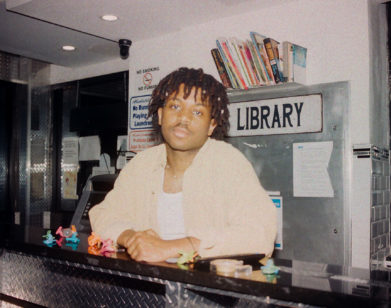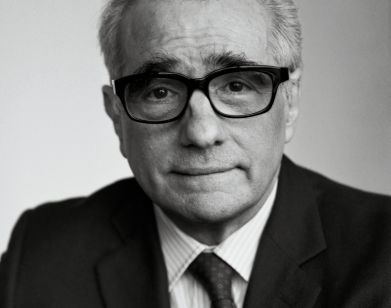Cam’ron and Dipset Launch a New Album, But What Do They Think About Amazon Moving into New York?
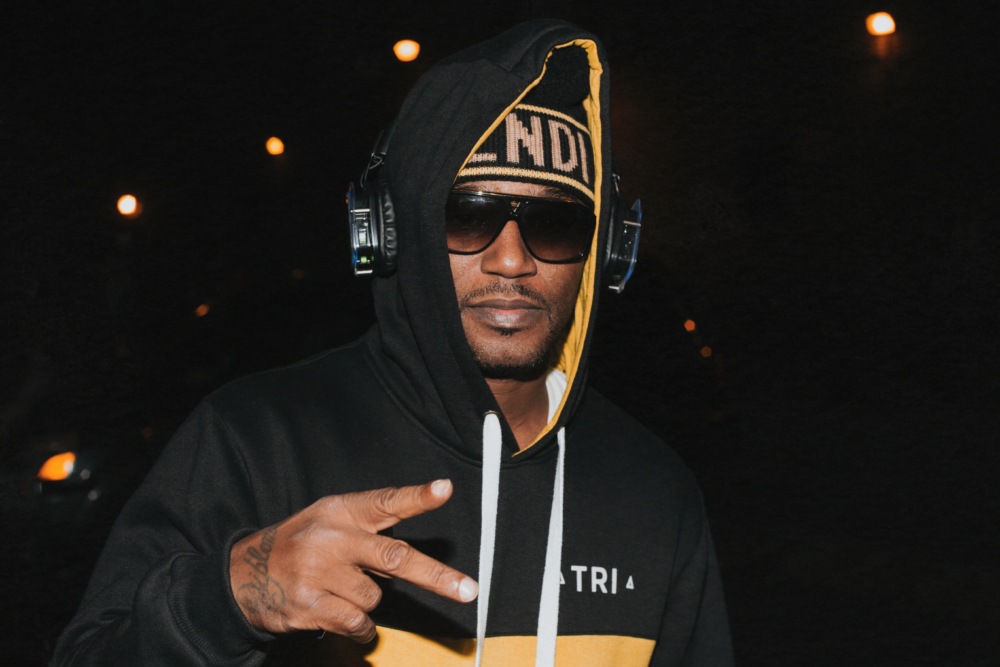
Cam’ron
“Is that a Mamba?” I asked rapper Jim Jones, as he unwrapped a small, pink candy in a green room at YouTube’s Chelsea offices. He nodded yes, tossing it in his mouth. I imagined a stockpile of the chewy bodega candies I hadn’t thought about in years stockpiled in some corner of his New Jersey home.
“Can I have one?” I asked.
Jones shook his head. “No.”
To encounter The Diplomats—the once-sprawling rap supergroup (also known as Dipset) that now consists of Cam’ron, Jim Jones, Juelz Santana, and Freekey Zekey—is to drive into an uncanny valley that plunges straight into the center of the Earth. The quartet is easily the most early aughts group on the face of the planet. Seeing each of them out of their time period (eating anachronistic candy, nonetheless) is cause for a double take.
This past Thanksgiving Day, The Diplomats released their first album in 14 years—a nine-track effort called Diplomatic Ties. And as though to cast their spell on the world again, the group marked the occasion with a “Gentrification Tour,” escorting journalists on a double-decker bus through their native Harlem, winking at the many ways the world has changed since their meteoric rise to rap superstardom. One could say that, in the days since The Diplomats turned rap upside down with oversized t-shirts, bubblegum pink fur jackets, and sped-up soul samples reminiscent of Alvin and the Chipmunks, that rap itself has become gentrified by the easily accessible fame granted by Instagram and Soundcloud.
But what do the guys themselves think? The patron saints of New York rap took a moment to discuss the seismic changes in the industry since their last album, and whether New York will continue to change in the wake of tech giant Amazon announcing plans to establish a second headquarters in Long Island City.
———
On how the rap game has changed
CAM’RON: “There’s good and bad things that have happened in the rap game the past 14 years. A good thing is access—a kid can just make music in his room and toss it up on the internet. When we were coming up, we had to hustle to get our music and mixtapes out there. We had to get someone to print up these CDs. We had to put them in the shops and hit the pavement. I think that helped us learn the ropes, which kids these days don’t necessarily get to do. The bad that’s come with it is that fake dudes can get exposed, but still be successful. People don’t care about your reputation anymore on social media. The streets will still catch up with you though.”
JIM JONES: “We definitely want to show people how to get fly. We were rebels—and I think those risks turned out to be great because we set the trends. Today, social media is a major part of what’s going on. And it could have been a big tool for us when we were coming up, because we were doing some very extravagant, wild shit.”
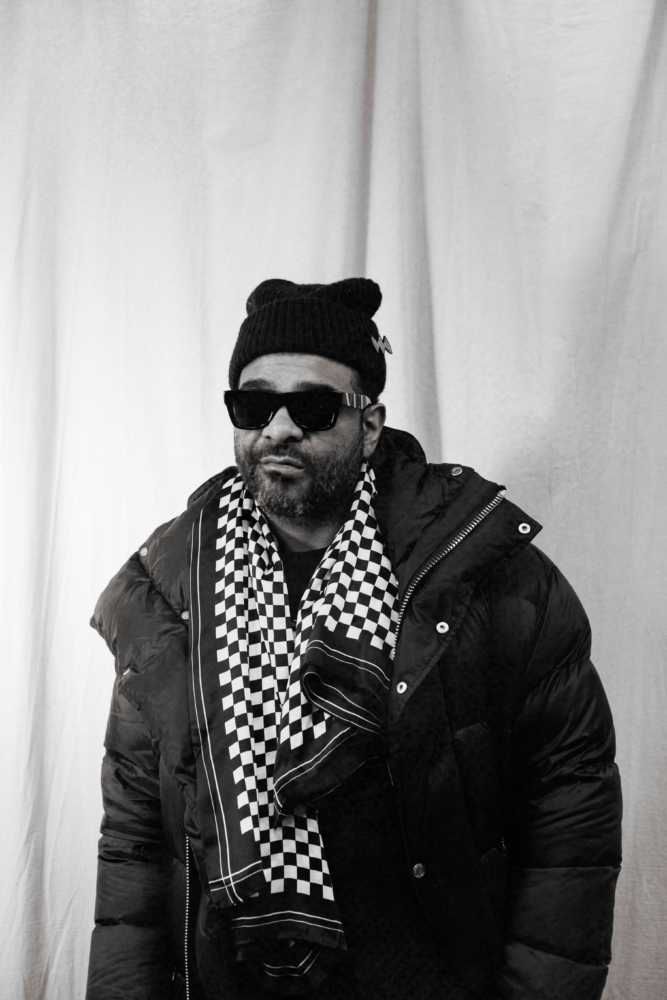
Jim Jones
JUELZ SANTANA: “You don’t even need labels anymore. People can just put themselves on Instagram, YouTube, Twitter—even Facebook, if you fuck with Facebook. But whether you come from this era or a prior era, it’s still about being yourself and doing what makes you happy. There’s a billion people in the world, not all of them need to love you.”
FREEKEY ZEKEY: “I really can’t downplay what the youth is doing now because those are the types of things that people were saying about us! They said we were crazy when we wore 5XL shirts and were all in cornrows. But you have to look at the style and the music together because it’s not just music when it comes to rhythmic American poetry. It’s the whole culture and everything you do in life, all balled up in one.”
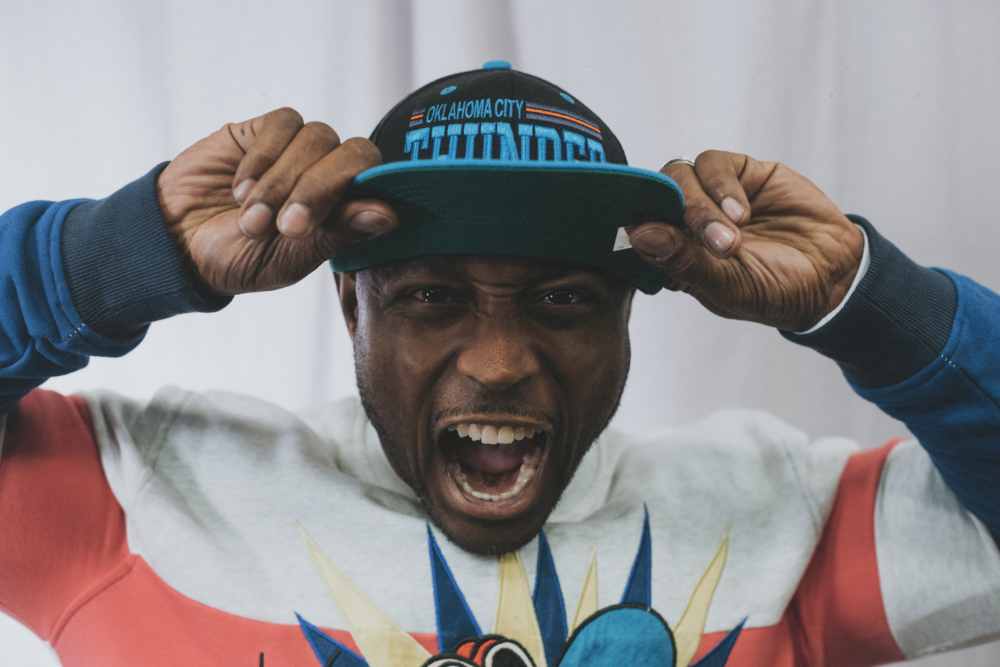
Freekey Zekey
On how New York has changed
CAM’RON: “Like my brother Jim said on our bus tour, ‘The hood likes coffee, too. So why can’t we have Starbucks and spruce up the neighborhood a bit?’ But if you ain’t giving back to the hood and giving us the jobs that you’re bringing in, then that pushes people out. I guess we’ll have to wait and see with the Amazon thing, but if you look across the river to Long Island City, it pretty much looks gentrified already.”
JONES: “You got to stay on your toes when it comes to this city—it’s fast-paced, and it’s always going to change. I would like to say Amazon being here is going to create a lot of job opportunities, but with the way technology is going, you never know what might happen. Computers and shit are so wild right now. Robots are definitely replacing people, so what are jobs going to be for real human beings?”
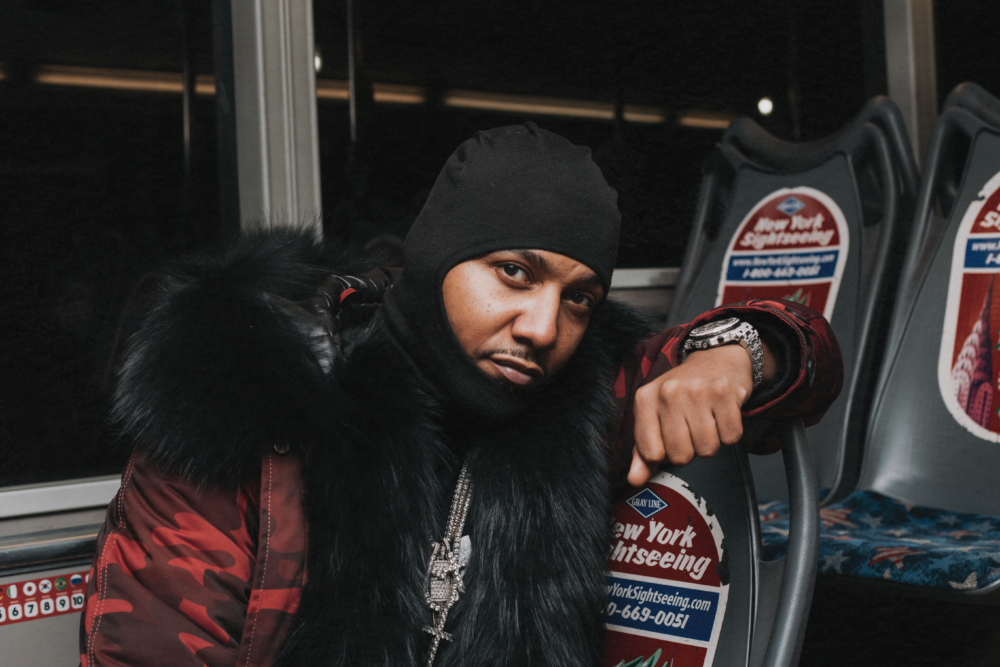
Juelz Santana
SANTANA: “When I tell people we’re Harlem guys, I always tell them to think about all the movies that have been made about Harlem. Harlem Nights. New Jack City. American Gangster. Hoodlum. So many movies have been made about Harlem, and it’s just one neighborhood. That’s where we come from, and it’s definitely changed. They’re doing this thing called gentrification in a lot of places, and I think it’s a bad thing because you’re raising rent prices and pushing out people who only know these places. We don’t mind seeing white people, or Chinese people, or whatever type—it’s not about that. It’s about being fair.”
ZEKEY: “New York is a cold place. If you’re walking by someone and you see them, you’ll just walk right by them. We’re the home of the Dow, the NASDAQ—we live off of change because that’s what everyone here is buying and selling. Amazon coming to New York doesn’t effect what the city is. Change is the only thing we know.”

